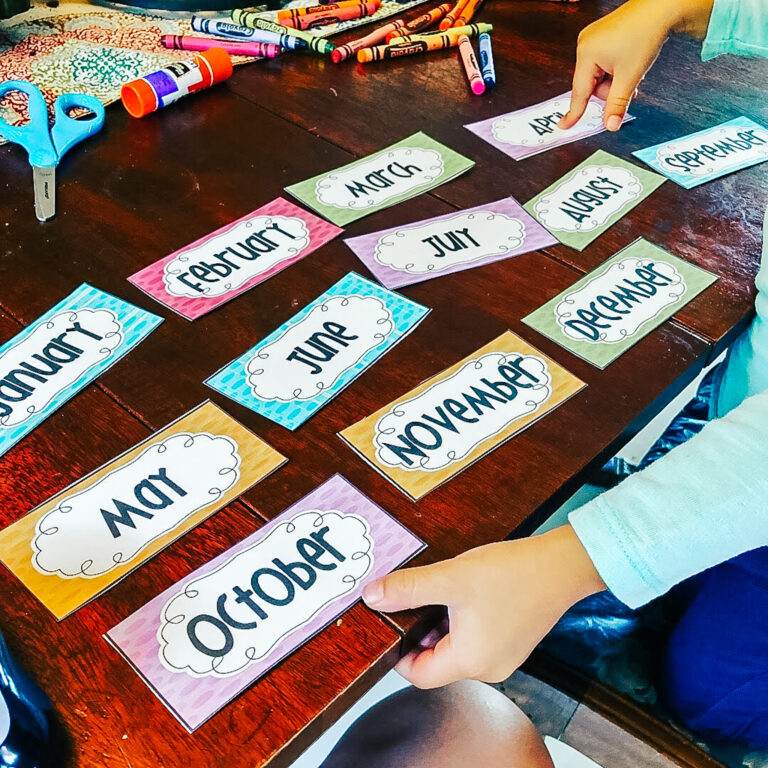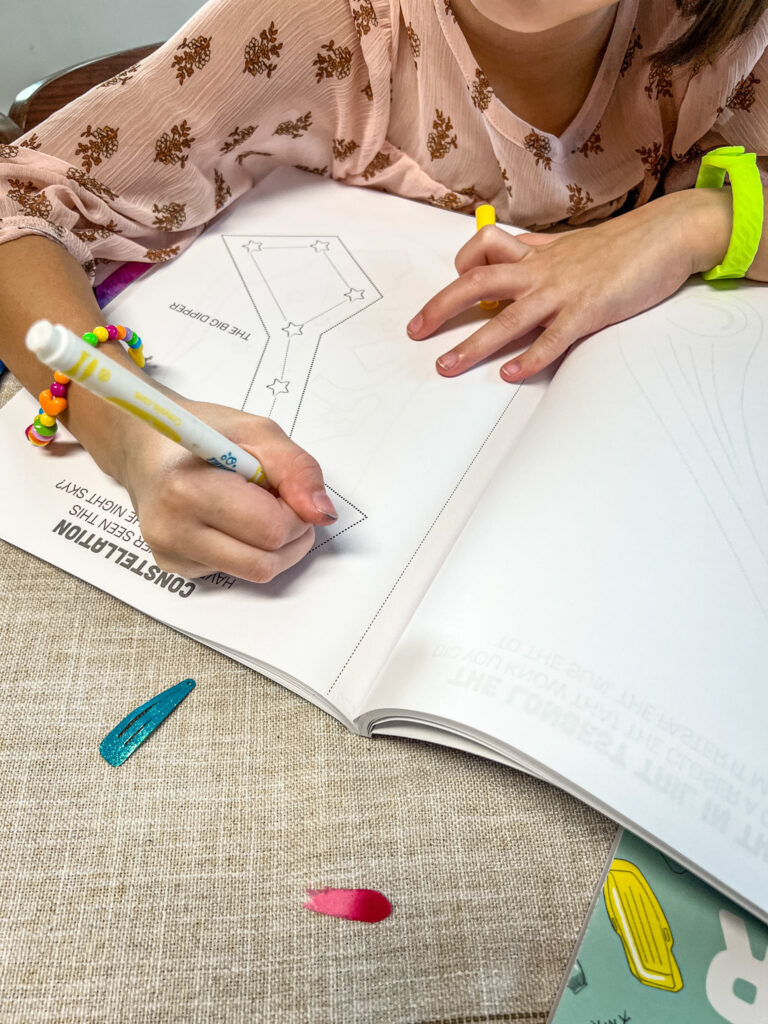Each Child is Different!
I realize this seems like a no brainer, but even…
I realize this seems like a no brainer, but even I (being a young mom & a sister) have made the mistake for assuming… if it works with one kid, it will work the other. Homeschooling has made this even more apparently false than before. My oldest is artistic and loves science (especially anything about animals). It also takes my oldest several tries on most common essentials to get them down, unless the subject is of great and I mean GREAT interest. My youngest is about facts and is a quick learner. I can say something once, maybe twice, and for the most part it will be remembered (unless it’s time for chores or playing nice with the oldest – then… oh how quickly they will “forget”). So I find myself teaching the same things in different ways, which is exactly why I began homeschooling. But honestly… sometimes… it’s a bit cumbersome for me. All I can say, is when they both feel a sense of accomplishment and actually show that they understand, it makes all that work worth while. With that said, it is still something I have to remind myself, because otherwise, I will jump back on the “but this is easier” train. Which doesn’t benefit either.
Some things I figured out for my kids…
- For my artisitic & musically inclined child: including anything with music or drawing helps keep the motivation.
- For my fact finder: anything with memorizing works well. Books that have facts or are based on reality do better than fairytales.
- Creating a grading structure for stories or paragraphs a head of time and explaining it prior to writing assignments is necessary. Be consistent with it, otherwise it will not work. I find giving a Point Scale like: +___/12 points and breaking down how to get the 12 points really helps (I also use it with ALL writing assignments – the amount of points may vary, but the expectations for what needs to be done is the same).
- Basic Math memorization is important and necessary (I am married to a mathematician who is also a firm believer in memorizing basic facts) if they don’t know 10-5=5 off the top of their head, more difficult math is going to be challenge for them.
- Make it fun. Some of the things you teach them won’t be fun, and has to be taught. I have found that slipping in a simple math coloring page or an art project can make the difference from tears to contentment.
This is still a learning process for me and I have found the journey to be difficult at times, but for me the difficulty pushes me to do better. That’s is how I work, a challenge is a moment for me to excel. Hopefully, my kids will see this and begin to do the same, only time will tell.






